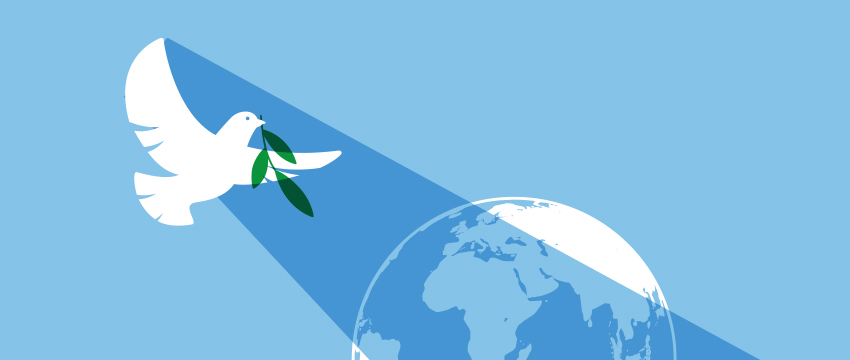Maryam is a 24-year-old Afghani mother of two girls and two boys who were forced out of her home last July due to the scaling fighting in Sholgara district (northern Afghanistan) – opposition forces stormed her province and engaged in battles with government forces.
“We had no time to gather anything. We fled with only a blanket,” she said to a reporter working with the UNHCR, the UN Refugee Agency while recalling the episode.
Although the war is one of the main issues in the Middle Eastern country, as an Afghani citizen, her troubles began a decade ago. The then 13-year-old girl was forced to marry a man she never saw in her life and was forced to move to an unfamiliar city after the marriage.
She raised four children in an area where battles between government and opposition forces were a chronic disease. Eventually, her husband would die in a crossfire, leaving her to take care of her children by herself.
Maryam and her four children roamed two other towns before ending up in camp for internally displaced people. Today, she is living in a tent made from cloth. She had a very different vision for her life: she once hoped to get an education and start working to sustain her family.
The mother of four is one of the 550,000 Afghans who have been displaced by the upsurge of military conflicts in the country. “More than 250,000 people were forced to flee their homes since the end of May, out of which 80 percent are women and children,” said UNHCR spokesperson Shabia Mantoo at a press briefing in Geneva.
To make things worse, the World Bank estimates 45% of the country’s population suffers from malnutrition, fueled mainly by poverty – “There have been nights when we had nothing at all to eat,” Maryam says. Climate change is also taking its toll, with a heavy drought affecting up to 80% of the country. Several mothers from the camp report their children have fallen sick from drinking salty water at a nearby well.
The recent occupation by Taliban forces shed light on a conflict that Western media kept dormant in the last decade. We all saw the images of people trying to flee the country. The rush to the airports, women who gave their babies to the military forces, and people climbing an airplane wing only to fall moments after lift-off.
We tend to see and think about problems such as the ones reported in Afghanistan when they reach their peak, when videos show the tragedy of people killed by insurgents, the hopelessness of mothers handing over their babies, and the irrational decision to climb over an airplane wing with hopes of fleeing the war.
The more we sweat in Peace, the less we bleed in War
How should we proceed? Should we approach Peace the same way Health should be approached? That is, by not fighting disease, but preventing it from ever happening – helping the areas with fewer resources or in conflict to create means to assure the locals develop a stable socio-economic environment.
If so, how can we create such an environment? One that feeds and educates every child, woman, and man without ever needing to raise a weapon and subdue their peers. How can we use technology to help raise these communities and establish Peace?
Peace will be one of the subjects of discussion in the next Q-Day 2030 Sustainable Development Goals, which will have a panel with experts that will share how we can use technology to overcome one of Humanity’s most pressing challenges.
ABOUT
Quidgest is a global technology company headquartered in Lisbon and a pioneer in intelligent software modeling and generation. Through its unique generative AI platform, Genio, develops complex, urgent, and specific systems, ready to evolve continuously, flexible, and scalable for various technologies and platforms. Partners and large organizations such as governments, multinational companies, and global multilateral institutions use Quidgest’s solutions to achieve their digital strategies.
FUTURE-READY SOFTWARE
CONTACTS
R. Viriato, 7
1050-233 Lisboa | Portugal
Tel. +351 213 870 563
quidgest@quidgest.com



